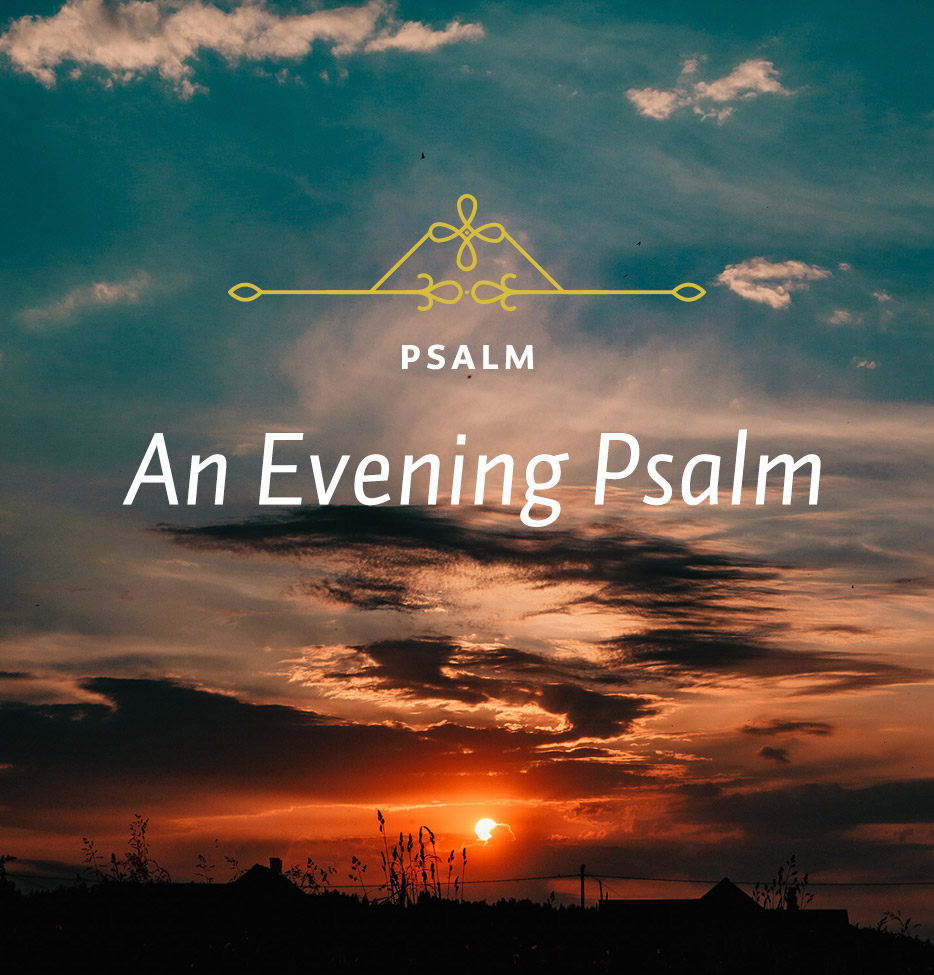It is tempting to seek a historical setting for Psalm 4, just as for Psalm 3, but there is little justification for it. The title says merely: “For the director of music. With stringed instruments. A psalm of David.”
In spite of this, a number of commentators link the psalm with the one preceding and therefore carry the setting of Psalm 3 over to Psalm 4. Charles Haddon Spurgeon and Franz Delitzsch assume the connection.1 H. C. Leupold argues it as follows: “To refer the psalm to the days when David fled before Absalom certainly fits the words of the psalm in a number of striking ways: the author is obviously in distress; his honor is assailed; he seeks to set his erring son and those that err with him aright; a paternal type admonition is used such as David might well have used over against the rebel son; and lastly, the author manifests a courageous faith such as is often noted in the life of David.”2
Those connections between the psalm and David’s flight from Jerusalem are tenuous, however, and in some cases they are even questionable. But the chief reason for doubting that Psalm 4 has to do with David’s flight is that the problems in the two are quite different. The problem at the time of David’s flight from Absalom, reflected in Psalm 3, was one of physical danger. Thousands of troops had aligned themselves against David. He needed God to be his “shield” against these armed enemies.
This is not the problem in Psalm 4. In this psalm the problem is one of malicious slander and lies. It is the psalmist’s reputation rather than his person that is being attacked, and what he needs is a sense of the presence and approval of God rather than physical deliverance.
Earlier in these studies I mentioned various types or genres of psalms, pointing out that there are perhaps seven types in all: hymns, laments, psalms of thanksgiving, psalms of confidence, psalms of remembrance, wisdom psalms, and kingship (possibly messianic) psalms.3 This psalm could be classified in two ways and is perhaps best seen as a combination of two genres. It is a psalm of individual lament, but it is also a psalm of confidence. In fact, it moves from one to the other, from distress to quiet confidence in God.
Peter C. Craigie says, “It is not a psalm of penitence, arising out of the recognition of sins committed; there are other psalms for that purpose. It is rather a psalm which reflects the anguish of the innocent and oppressed, or of the righteous sufferer. And thus it is a particularly important kind of psalm, for it addresses a fundamental human experience, the experience of injustice, suffering and oppression.”4
1Spurgeon states this as a probability: “The Psalm was most probably written upon the same occasion as the preceding, and is another choice flower from the garden of affliction” (The Treasury of David, vol. la, Psalms 1-26 [Grand Rapids: Zondervan, 1968], p. 34). Delitzsch merely assumes it (Biblical Commentary on the Psalms, n.d., vol. 1, p. 113. Original German edition 1859-1860. First English edition 1867).
2H. C. Leupold, Exposition of the Psalms (Grand Rapids: Baker, 1969), p. 66.
3See Tremper Longman III, How to Read the Psalms (Downers Grove, IL and Leicester, England: InterVarsity, 1988), pp. 24-35.
4Peter C. Craigie, Word Biblical Commentary, vol. 19, Psalms 1-50 (Waco, TX: Word, 1983), p. 82.






